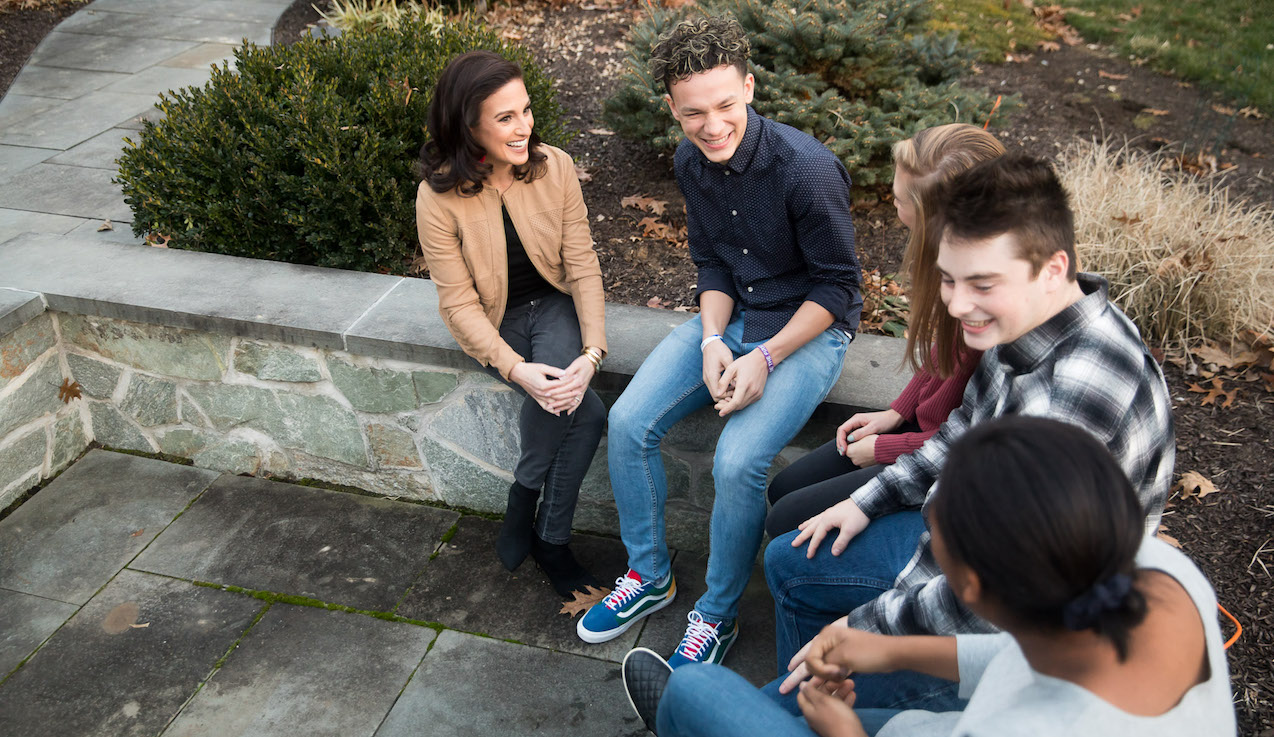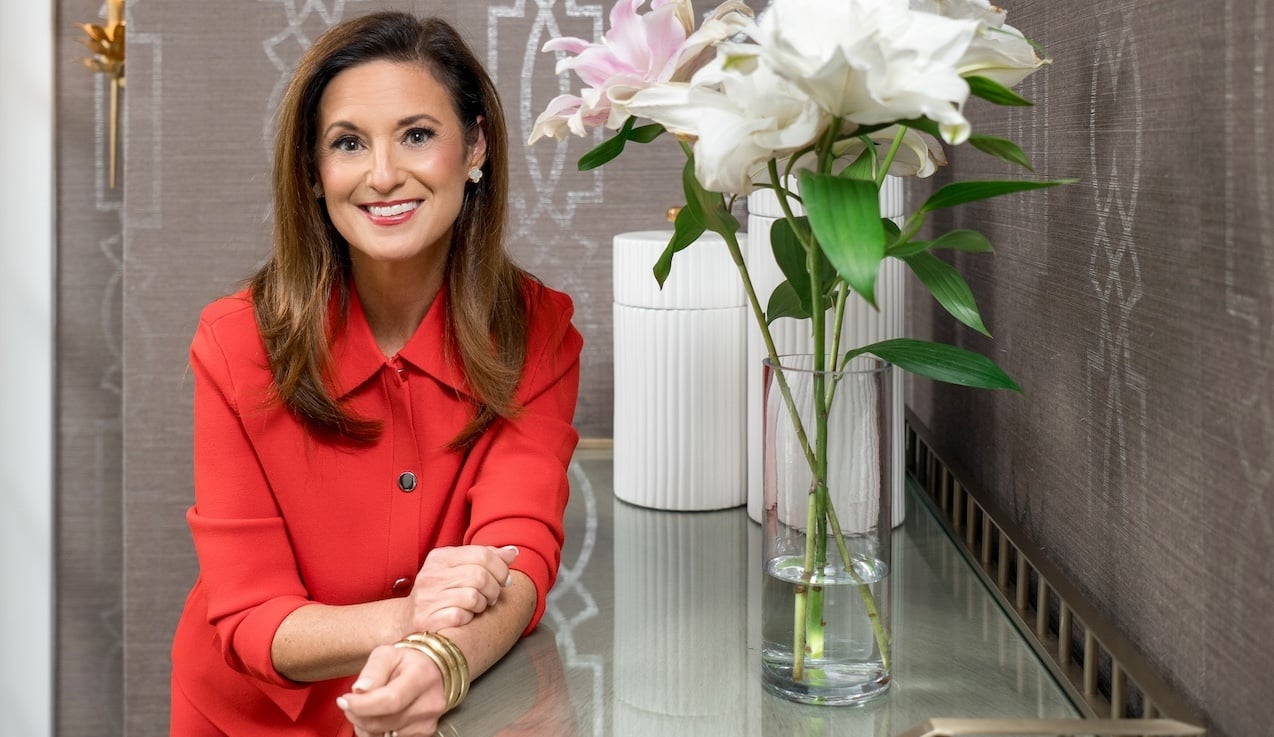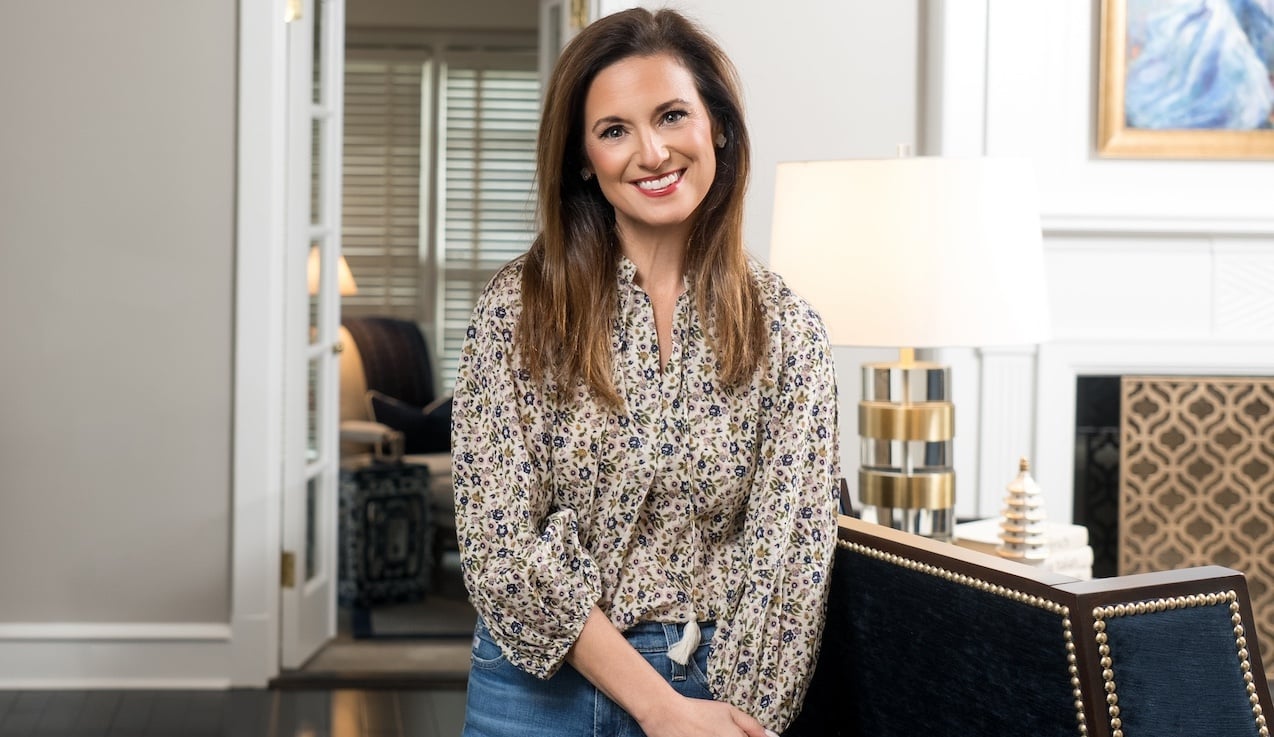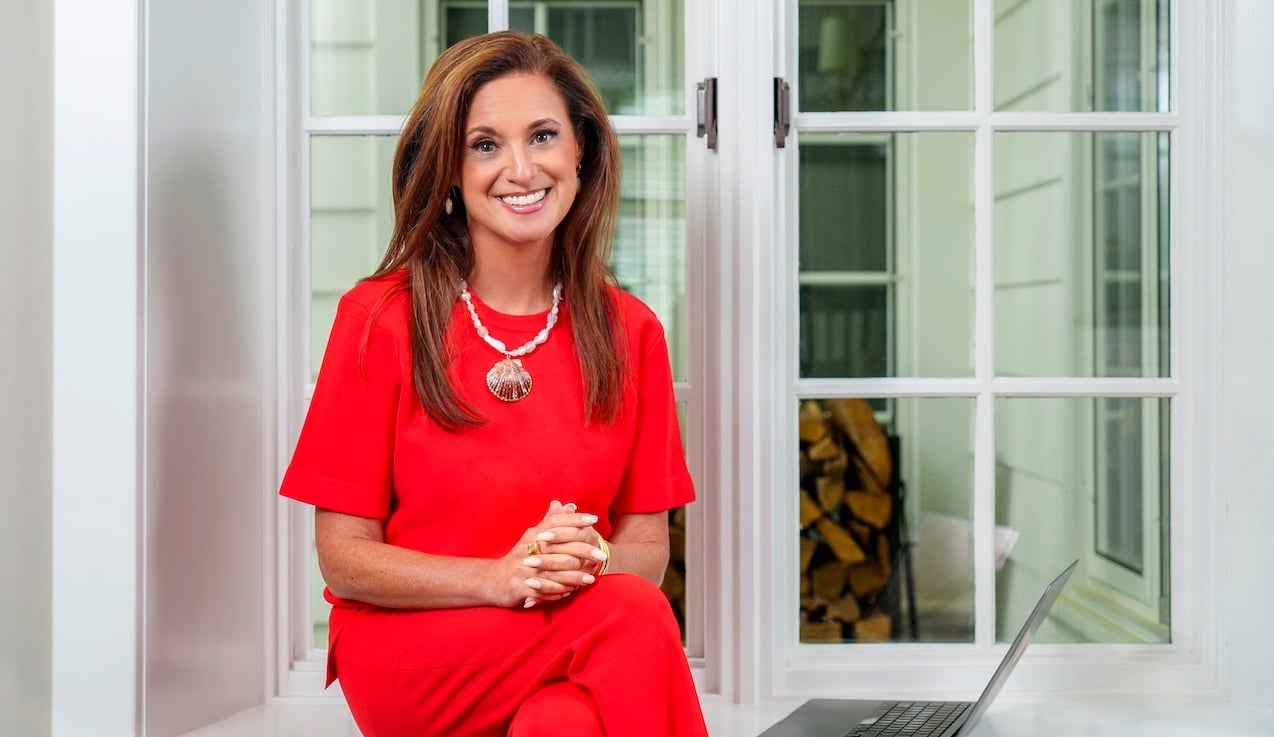No matter how busy I was as an admissions officer at an Ivy League school and even when I was a dean of admissions, I responded to every student who contacted me. I came to the lobby of the admissions office to say hello if they were visiting. I replied back to every single email they sent. Simply put, I made sure that I always made myself available when it came to a prospective student, an applicant, and even a denied one.
Part of it was that I remember what it was like to be an intimidated, somewhat lost teenager hoping for someone to listen to me or see something in me that I couldn't see in myself just yet. Part of it was out of fear too. I am worrier. I always have been. I worried that I if I didn't get back to that student who was denied and needed to hear a voice on the other end of the phone to tell them they did nothing wrong that something would happen. I wouldn't be able to live with myself if I just told the receptionist I was too busy to talk or I am simply didn't want to.
Nowadays, though, admissions officers' phone numbers and email addresses are harder to get a hold of than a unicorn. Take one look at an elite college's admissions website and you will be hard-pressed to find contact information for the admissions officer assigned to your region. You might find a general phone number or email address for the admissions office, but that's about it. They don't want students reaching out to them.
Is it that they're too busy? That they want to stay objective in the most subjective process in the world? Or is it they're just a faceless gatekeeper on the other end of this process?
Last month when I was getting ready for a special lesson on how to respond to a deferral from Early Decision and Early Action programs with my private Facebook group, Application Nation, I was struck by how impersonal admissions offices have become. The tone and language being used to communicate a less than favorable decision made me think that none of these admissions officers have worked in a high school day in and day out to see the stress these students are under or had their own kids go through the process. If they did, they might rethink the messages they are sending to a kid in their most vulnerable state. One mom sent me her son's deferral "letter" from the University of Michigan. It didn't even address him by name. I know that the University of Michigan gets tens of thousands of applications, but any good automated computer program can pre-populate a student's name, right?
"Nowadays, admissions officers' phone numbers and email addresses are harder to get a hold of than a unicorn." TWEET THIS
I also took a look at the "instructions" to deferred applicants in the dozens of letters I reviewed. Yale basically stated in so many words: Don't contact us; we'll contact you if we need to (and that's probably not going to happen). And Penn now restricts applicants to just one update after the student is deferred. Too bad if you found out your book is getting published or that you got a patent. If you already sent in your one update before hearing the extraordinary news, Penn doesn't want to know.
Once a year I hear from a former student of mine at the start of every school year. Sometimes he calls. Other times he sends an email if he's really busy. And one time, he took me to lunch. This student initially applied to Penn under the Early Decision plan many years ago. He was deferred like so many other students that year. One day after getting deferred, he showed up in the admissions office and asked to speak to me, unannounced. This was a risky move on his part. Penn didn't like when students did this. In fact, we were even told that we didn't need to meet the student when they did this. But I felt compelled.
Before heading down to the lobby to speak to this student, I looked over the notes that I took after reading his application and thought: He's a good kid who is president of student government with a really high class rank and test scores, but he needs a push to get admitted. I greeted him with some hesitancy and distance as my colleagues' influence wore off on me a bit. But if my dad saw my first reaction to this desperate young man, he would have been disappointed in me. I was as well.
So I decided to be myself and he did the same. We sat down to chat about everything that doesn't show up in a college application. Like the fact that his parents didn't speak English and were too afraid to come with him that day for fear that they would negatively impact their son's chances of admission. Or that he hid his Penn sweatshirt in his closet for a few days after the deferral, but moved it back to the front so he could look at it every day and be inspired.
He wrote me an email after our impromptu meeting. And then he sent the most beautiful follow-up letter I had ever read. It talked about getting emergency surgery on his eye a few weeks after our meeting, but that he was doing fine and regained his sight to see his Penn sweatshirt in its "Red and Blue" glory. I was sold. I was sold on him back in that lobby when I realized if I hadn't met him and spent time with him, I would have missed out. Penn would have missed out too.
That student was one of only a handful of deferred students who got admitted in Regular Decision that year. He enrolled at Penn and never forgot me. I never forgot him either.
BONUS: How to Follow Up with That College That Deferred You
I wonder what would happen in 2019 if that same student applied. Would the admissions officer come out and say hello? Would they even have accepted that follow-up letter since technically he had already sent me an email "update" after we met? Would they ever have found out about his surgery or really gotten to know him?
I understand the workload on these admissions officers. I understand how many applications they have to read. But we can't lose sight of these kids. Our kids. They may be 18 when they get to college, but they're still kids in high school and they will always be kids in our eyes as parents. Every policy decision and every type of communication a college makes needs to put the students' best interests ahead of its own.












